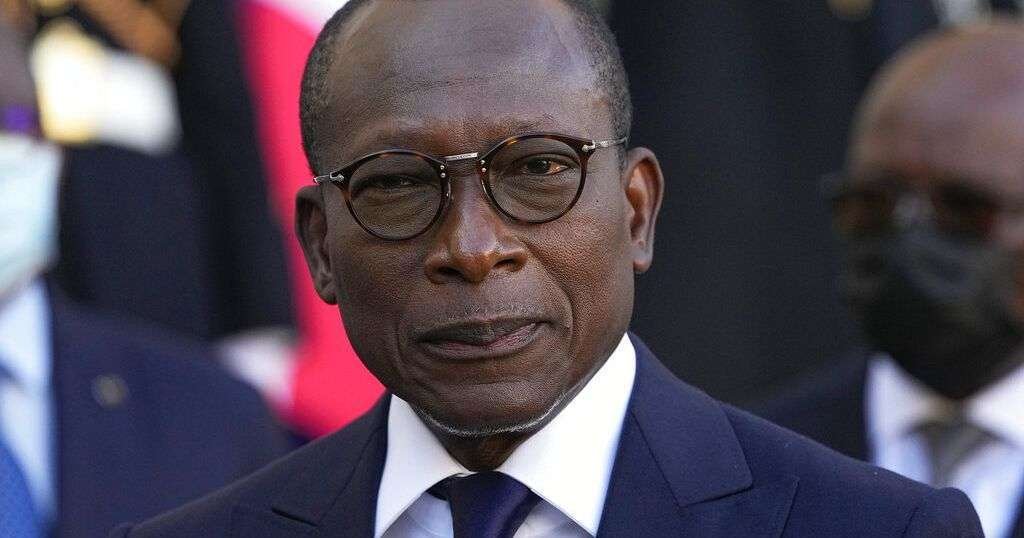Porto-Novo, Benin – (African Boulevard News) – On Tuesday, the new Constitutional Court in Benin was officially inaugurated, but it has already sparked controversy due to its composition. Members of the opposition denounce the fact that they are absent from this jurisdiction, raising questions about the legitimacy of the new court.
The new court’s composition is controversial because of the absence of opposition representatives. The government-appointed all seven members, including the court’s president, Joseph Djogbenou. According to the opposition, this is a clear violation of the country’s constitution, which requires that opposition parties be involved in the selection process for the court’s members. The opposition claims that the ruling party used its majority to appoint members who are loyal to it.
“The Constitutional Court is a vital institution in a democracy, and its legitimacy is critical. The composition of the court is a clear sign that the ruling party is unwilling to work with the opposition. It is a blatant violation of the constitution,” said human rights lawyer, Martin Houndekon.
The opposition’s absence from the court has raised concerns about impartiality, with some critics questioning whether the new court can be fair in its judgments. The court’s primary role is to interpret the constitution and monitor the legality of elections. Given that the opposition is not represented, there are fears that the court’s decisions could be biased in favor of the ruling party.
“The new court is a threat to democracy and the rule of law in Benin,” said political analyst, Marie-Claire Houssou. “The absence of opposition representatives undermines the credibility of the court and raises serious questions about its legitimacy.”
The inauguration of the new Constitutional Court comes after President Patrice Talon won a controversial election last month that was boycotted by the opposition. Talon has been criticized for cracking down on opposition figures and independent media, resulting in a decline in the country’s democratic credentials.
The controversy surrounding the court’s composition is not the first time that Benin’s democracy has been called into question. The country has seen a series of disputed elections and political crises in recent years, contributing to the decline in its democratic status.
The new Constitutional Court’s controversial composition will undoubtedly fuel further political tensions in Benin. The opposition is expected to challenge its legality, while civil society groups and international organizations are calling for a more inclusive selection process for the court’s members. The implementation of a credible and transparent selection process is vital to safeguarding democracy in Benin.

